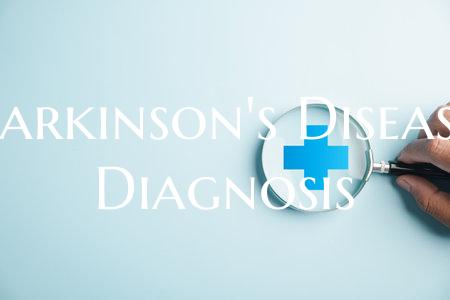
Parkinson's Disease Diagnosis
Parkinson's Disease Diagnosis: Understanding the Process
Parkinson's disease is a progressive neurological disorder that primarily affects movement. While there is no specific test to definitively diagnose Parkinson's disease, healthcare providers rely on a combination of medical history, physical examinations, and various tests to make an accurate diagnosis. Understanding the diagnostic process can help individuals and their families navigate the journey of managing the disease effectively.
Medical History: A thorough review of the individual's medical history is often the first step in diagnosing Parkinson's disease. Healthcare providers will inquire about the presence of symptoms such as tremors, stiffness, slowness of movement, and balance problems. It is essential for patients to provide detailed information about their symptoms, as this can help the healthcare team in making an accurate assessment.
Physical Examination: A comprehensive physical examination is crucial in the diagnosis of Parkinson's disease. Healthcare providers will observe the individual's movement, posture, and coordination. Specific movement tests, such as the finger tapping test or the heel-to-toe walking test, may be performed to evaluate motor function and detect any abnormalities characteristic of Parkinson's disease.
Response to Medication: One key feature of Parkinson's disease is its response to medication. In some cases, healthcare providers may prescribe a trial of Parkinson's medications to observe how the individual responds. A positive response to these medications can provide valuable insight into the likelihood of Parkinson's disease.
Diagnostic Tests: While there is no definitive test for Parkinson's disease, diagnostic tests such as brain imaging studies (MRI or CT scans) may be conducted to rule out other conditions that mimic Parkinson's symptoms. Additionally, DaTscan imaging, which can assess dopamine levels in the brain, may be used to aid in the diagnosis of Parkinson's disease.
Consultation with Movement Disorder Specialists: In complex cases or when the diagnosis is unclear, individuals may be referred to movement disorder specialists, neurologists with expertise in Parkinson's disease and other movement disorders. These specialists can provide a more in-depth evaluation and collaborate with the primary care provider in developing a comprehensive treatment plan.
Genetic Testing: While most cases of Parkinson's disease are considered sporadic, a small percentage can be linked to genetic factors. Genetic testing may be recommended in certain cases, especially when the disease occurs in multiple family members or at a younger age.
Overall, an accurate diagnosis of Parkinson's disease is crucial for initiating appropriate treatment and management strategies. By actively participating in the diagnostic process and working closely with healthcare providers, individuals affected by Parkinson's disease can gain a better understanding of their condition and proactively address their needs for improved quality of life.